Third generation Chinese community in Bangalore speaks Indian languages better than mandarin.
When the world was celebrating love on February 14, Chung Hung Lim and the members of his small community were far away from the city’s humdrum at a resort in Attibele. They were busy celebrating the Chinese new year.
Robert Chung, as Lim is also called, belongs to the small Chinese community in the city. “The new year was celebrated with pomp,” he says. “We are a small community in Bangalore. Some went on an outing to celebrate the day, some continued to work.”
Robert owns Kim Lee restaurant in the city. His family is one of the 120 Chinese families residing in Bangalore for the last three generations.
Interestingly, the third-generation Chinese (children today) do not speak Chinese. They are rather more fluent in Kannada, English and Hindi. The second generation could only speak Chinese, unlike the first, which could both read and write.
The current dialect is also very different from the one their ancestors spoke. “Children today do not understand the language when spoken at home,” says Robert.
Chinese new year is not the only festival the community celebrates. You may have seen beautiful lanterns hanging outside some homes in August and also tasted yummy moon cakes. Chinese make lanterns and hang them outside their homes and distribute moon cakes as part of the Lantern Festival. Some also fly kites, as is done in China.
Yang Yenethaw, the speaker for the Chinese Association in Bangalore, says not much is known about the community. “This is because we are a small community in Bangalore,” Yenethaw, who is also called Tony Yong, says. Yenethaw is a lawyer with Yang Lawyers, a corporate law firm. His father, CH Yong, moved to Bangalore “for fun” in 1933 and since then he has made the city his home. Traditionally, Chinese men in Bangalore have been known to be shoe makers and dentists, while women are known to be hair dressers. Today, they have moved into various professions.
Four years ago, the community had requested the state government to give them land to bury their deceased in the traditional way. “But nothing has come from the government as yet,” Yang says.
Like any other culture, the Chinese culture has also undergone a lot of change over the years, says Lawrence Liang, a lawyer at Alternative Law Forum. Since Chinese believe in ancestral worship, a cross and a portal is found in every home. “This does not mean that we suffer identity crisis,” he says. “We feel at home here; we can adapt to our surroundings easily,” he says. “Also, we like the climate here.”
![submenu-img]() Viral video: Woman tries to cook omelette on road, internet is not happy
Viral video: Woman tries to cook omelette on road, internet is not happy![submenu-img]() RCB cancels practice, press meet after threat to Virat Kohli's security ahead of IPL 2024 eliminator: Report
RCB cancels practice, press meet after threat to Virat Kohli's security ahead of IPL 2024 eliminator: Report ![submenu-img]() Meet Indian-origin man, IIT alumnus who is world's second-highest paid CEO, his salary per day is...
Meet Indian-origin man, IIT alumnus who is world's second-highest paid CEO, his salary per day is...![submenu-img]() RBI approves Rs 2.11 lakh crore dividend payout to Indian govt for 2023-24
RBI approves Rs 2.11 lakh crore dividend payout to Indian govt for 2023-24![submenu-img]() Mozz Guard Mosquito Zapper Reviews (Zap Guardian): Side effects, ingredients benefits, price
Mozz Guard Mosquito Zapper Reviews (Zap Guardian): Side effects, ingredients benefits, price![submenu-img]() IIT graduate builds Rs 1057990000000 company, leaves to get a job, now working as a….
IIT graduate builds Rs 1057990000000 company, leaves to get a job, now working as a….![submenu-img]() Indian Air Force Agniveervayu Recruitment 2024: Registration starts today, know eligibility, steps to apply
Indian Air Force Agniveervayu Recruitment 2024: Registration starts today, know eligibility, steps to apply![submenu-img]() Meet woman who was married at 16, faced domestic abuse, did odd jobs as single mom, became IAS officer, is posted at...
Meet woman who was married at 16, faced domestic abuse, did odd jobs as single mom, became IAS officer, is posted at...![submenu-img]() Maharashtra HSC 12th 2024: Result declared, know how to check
Maharashtra HSC 12th 2024: Result declared, know how to check![submenu-img]() Meet man who topped IIT-JEE, studied at IIT Bombay, then went to MIT, now is...
Meet man who topped IIT-JEE, studied at IIT Bombay, then went to MIT, now is...![submenu-img]() DNA Verified: Is CAA an anti-Muslim law? Centre terms news report as 'misleading'
DNA Verified: Is CAA an anti-Muslim law? Centre terms news report as 'misleading'![submenu-img]() DNA Verified: Lok Sabha Elections 2024 to be held on April 19? Know truth behind viral message
DNA Verified: Lok Sabha Elections 2024 to be held on April 19? Know truth behind viral message![submenu-img]() DNA Verified: Modi govt giving students free laptops under 'One Student One Laptop' scheme? Know truth here
DNA Verified: Modi govt giving students free laptops under 'One Student One Laptop' scheme? Know truth here![submenu-img]() DNA Verified: Shah Rukh Khan denies reports of his role in release of India's naval officers from Qatar
DNA Verified: Shah Rukh Khan denies reports of his role in release of India's naval officers from Qatar![submenu-img]() DNA Verified: Is govt providing Rs 1.6 lakh benefit to girls under PM Ladli Laxmi Yojana? Know truth
DNA Verified: Is govt providing Rs 1.6 lakh benefit to girls under PM Ladli Laxmi Yojana? Know truth![submenu-img]() AI models show bikini style for perfect beach holiday this summer
AI models show bikini style for perfect beach holiday this summer![submenu-img]() Laapataa Ladies actress Chhaya Kadam ditches designer clothes, wears late mother's saree, nose ring on Cannes red carpet
Laapataa Ladies actress Chhaya Kadam ditches designer clothes, wears late mother's saree, nose ring on Cannes red carpet![submenu-img]() Urvashi Rautela mesmerises in blue celestial gown, her dancing fish necklace steals the limelight at Cannes 2024
Urvashi Rautela mesmerises in blue celestial gown, her dancing fish necklace steals the limelight at Cannes 2024![submenu-img]() Kiara Advani attends Women In Cinema Gala in dramatic ensemble, netizens say 'who designs these hideous dresses'
Kiara Advani attends Women In Cinema Gala in dramatic ensemble, netizens say 'who designs these hideous dresses'![submenu-img]() Influencer Diipa Büller-Khosla looks 'drop dead gorgeous' in metallic structured dress at Cannes 2024
Influencer Diipa Büller-Khosla looks 'drop dead gorgeous' in metallic structured dress at Cannes 2024![submenu-img]() DNA Explainer: Why was Iranian president Ebrahim Raisi, killed in helicopter crash, regarded as ‘Butcher of Tehran’?
DNA Explainer: Why was Iranian president Ebrahim Raisi, killed in helicopter crash, regarded as ‘Butcher of Tehran’?![submenu-img]() DNA Explainer: Why did deceased Iranian President Ebrahim Raisi wear black turban?
DNA Explainer: Why did deceased Iranian President Ebrahim Raisi wear black turban?![submenu-img]() Iran President Ebrahim Raisi's death: Will it impact gold, oil prices and stock markets?
Iran President Ebrahim Raisi's death: Will it impact gold, oil prices and stock markets?![submenu-img]() Haryana Political Crisis: Will 3 independent MLAs support withdrawal impact the present Nayab Saini led-BJP government?
Haryana Political Crisis: Will 3 independent MLAs support withdrawal impact the present Nayab Saini led-BJP government?![submenu-img]() DNA Explainer: Why Harvey Weinstein's rape conviction was overturned, will beleaguered Hollywood mogul get out of jail?
DNA Explainer: Why Harvey Weinstein's rape conviction was overturned, will beleaguered Hollywood mogul get out of jail?![submenu-img]() Watch: Kapil Sharma's daughter complains as paps click her photos in viral video, says 'papa aapne kaha tha ki...'
Watch: Kapil Sharma's daughter complains as paps click her photos in viral video, says 'papa aapne kaha tha ki...'![submenu-img]() Watch: Anil Kapoor hijacks The Great Indian Kapil Show, Farah Khan reveals which actor is 'most kanjoos' in Bollywood
Watch: Anil Kapoor hijacks The Great Indian Kapil Show, Farah Khan reveals which actor is 'most kanjoos' in Bollywood![submenu-img]() Manoj Bajpayee reveals why Anurag Kashyap didn’t work with him for 14 years: ‘My career was going down, he didn’t...'
Manoj Bajpayee reveals why Anurag Kashyap didn’t work with him for 14 years: ‘My career was going down, he didn’t...'![submenu-img]() Sanjay Dutt quits Welcome 3 after fallout with Akshay Kumar? Report says he walked out after first day because...
Sanjay Dutt quits Welcome 3 after fallout with Akshay Kumar? Report says he walked out after first day because...![submenu-img]() Allu Arjun enjoys lunch with wife Sneha at dhaba; fans hail his ‘simplicity’ despite Pushpa success
Allu Arjun enjoys lunch with wife Sneha at dhaba; fans hail his ‘simplicity’ despite Pushpa success![submenu-img]() Viral video: Woman tries to cook omelette on road, internet is not happy
Viral video: Woman tries to cook omelette on road, internet is not happy![submenu-img]() Groom saves bride from unexpected milk bath during haldi ceremony, viral video melts internet
Groom saves bride from unexpected milk bath during haldi ceremony, viral video melts internet![submenu-img]() Viral video captures epic showdown between two king cobras, watch who wins
Viral video captures epic showdown between two king cobras, watch who wins![submenu-img]() Viral video: Woman's 'Senorita' dance steals hearts during RCB vs CSK match in Bengaluru, watch
Viral video: Woman's 'Senorita' dance steals hearts during RCB vs CSK match in Bengaluru, watch ![submenu-img]() Viral video: Lion's terrifying ambush on napping wildebeest stuns internet, watch
Viral video: Lion's terrifying ambush on napping wildebeest stuns internet, watch
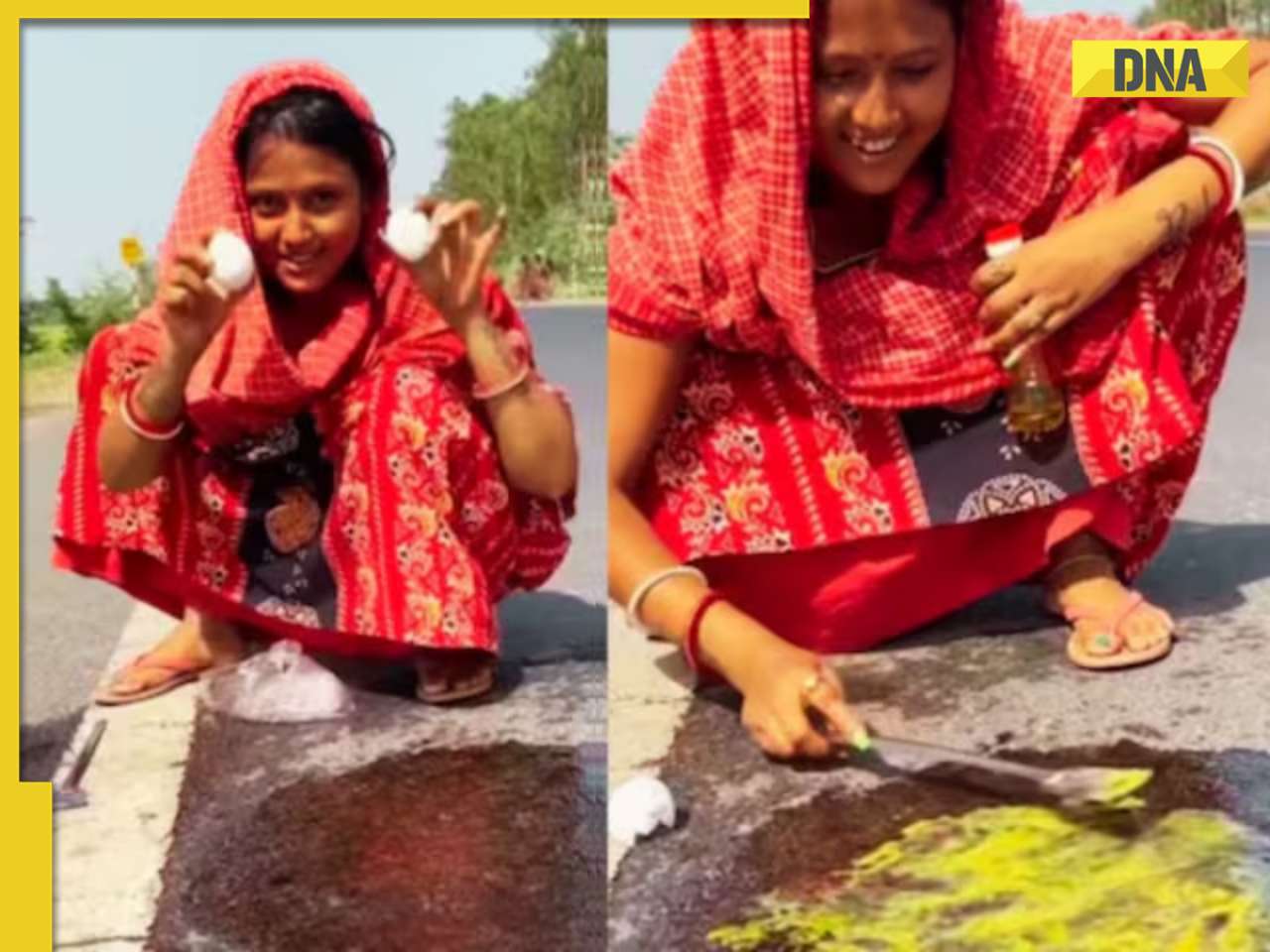

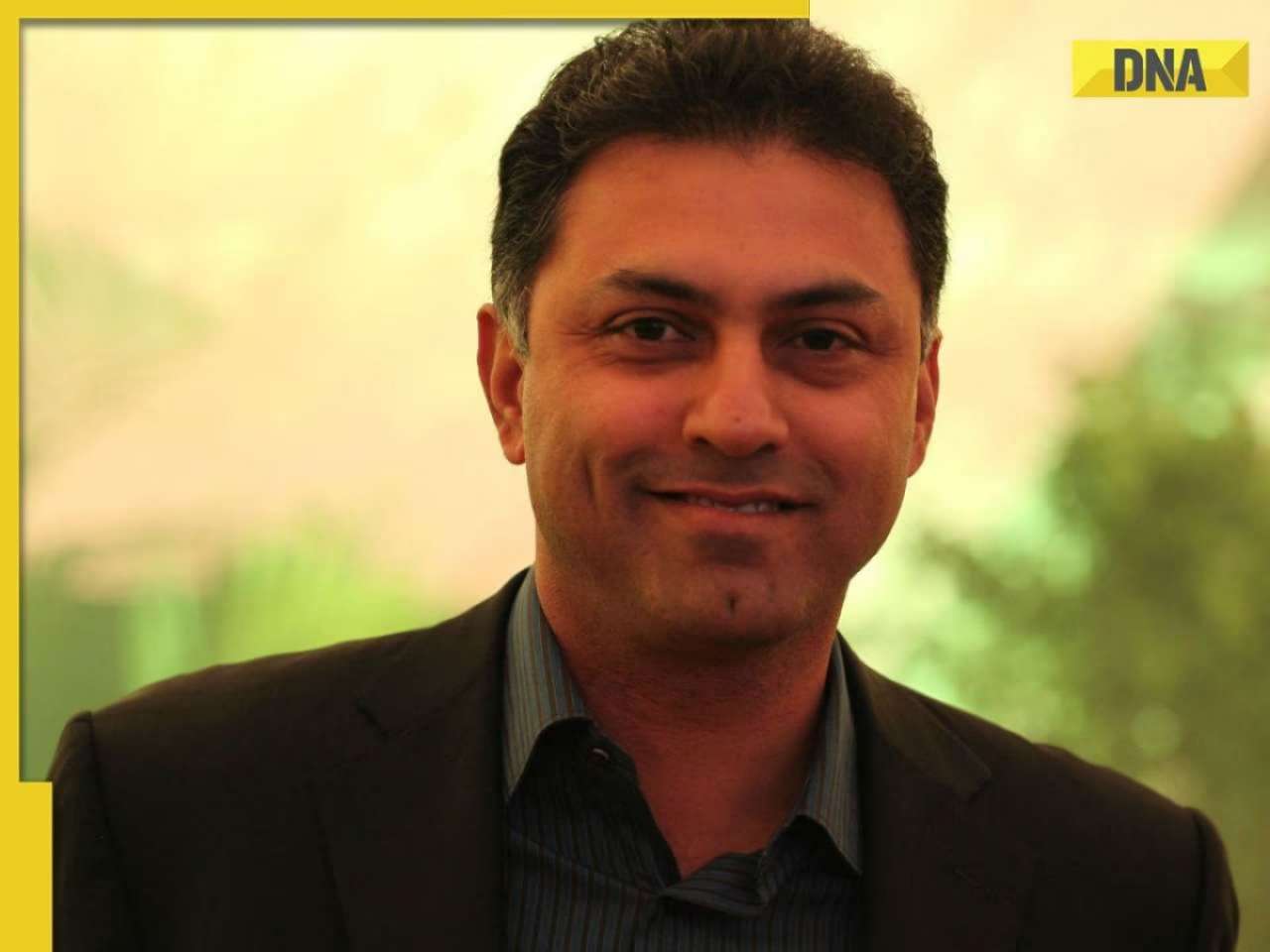










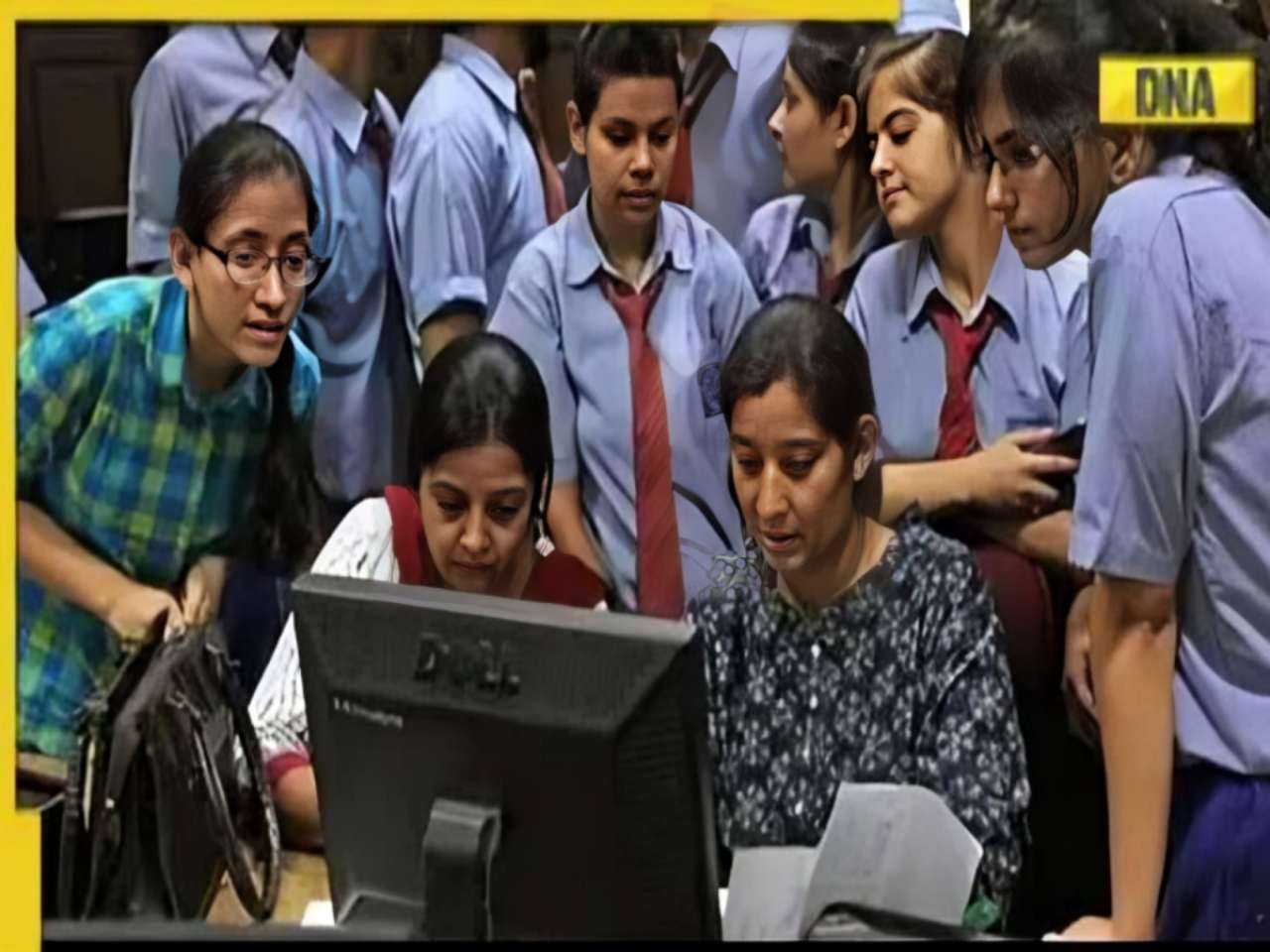
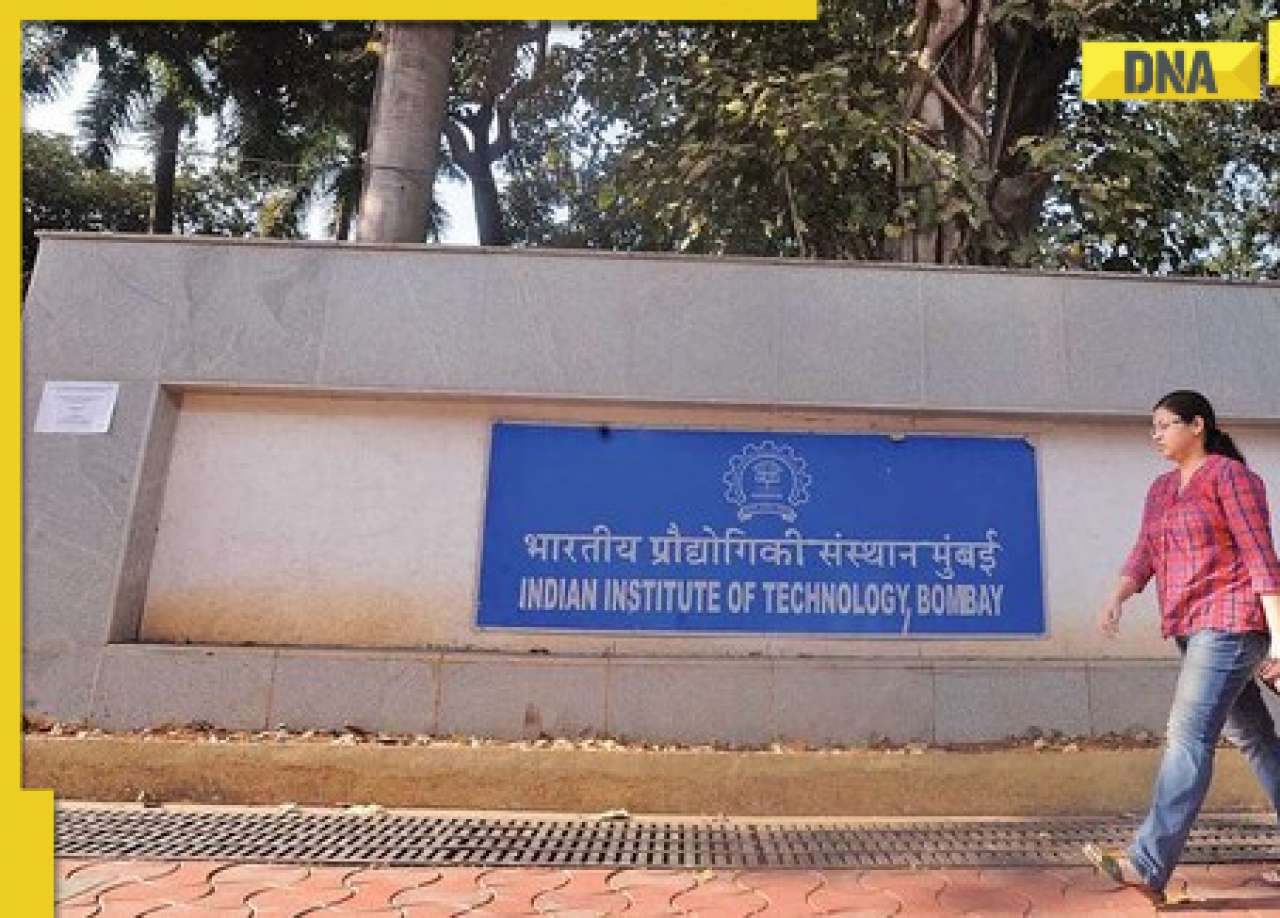






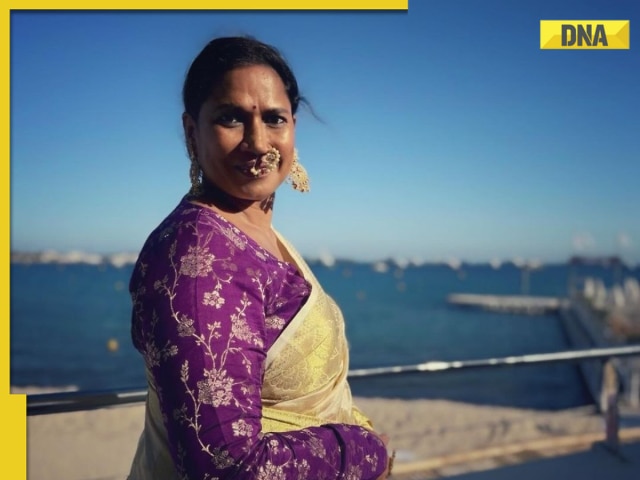








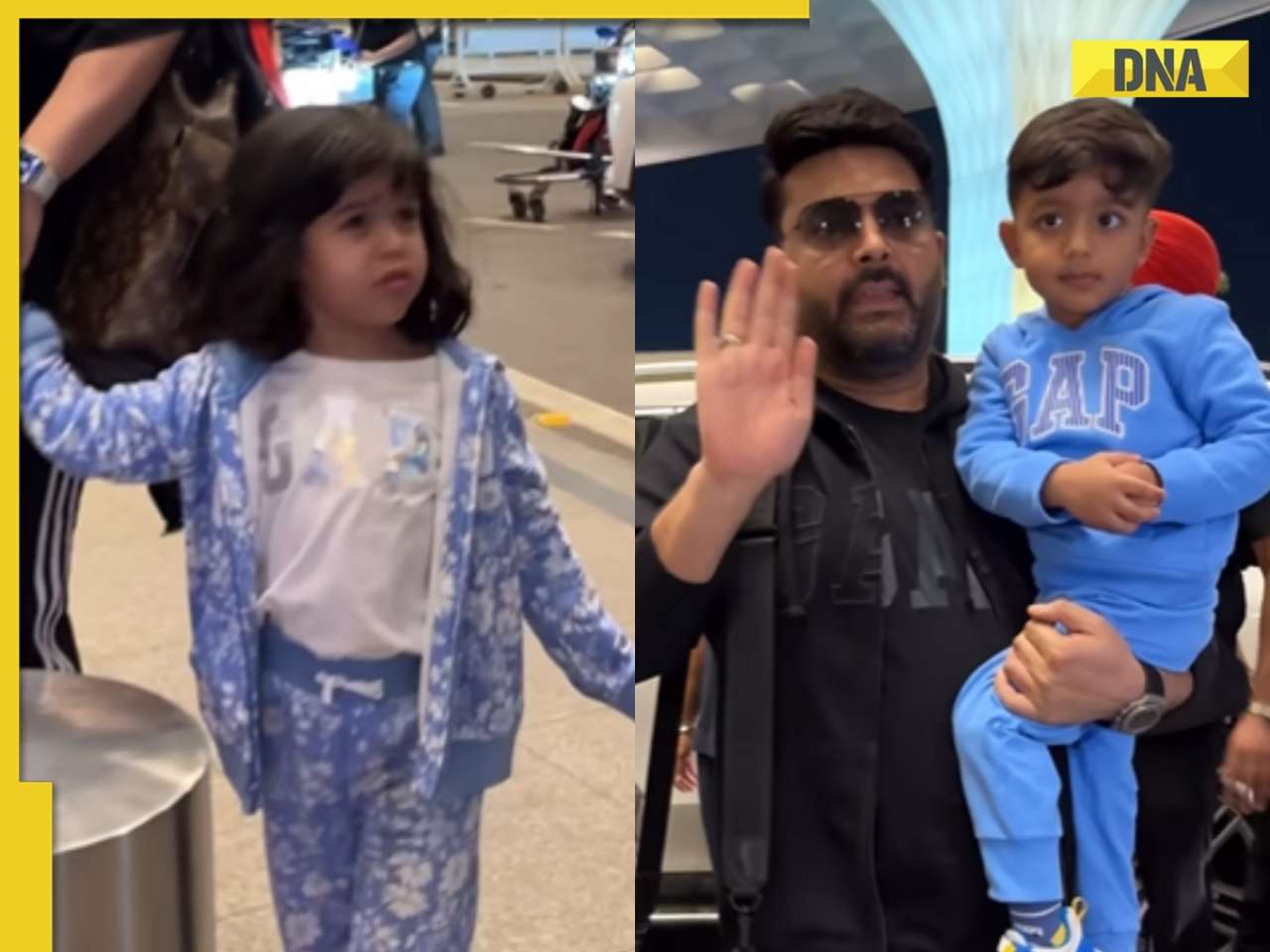



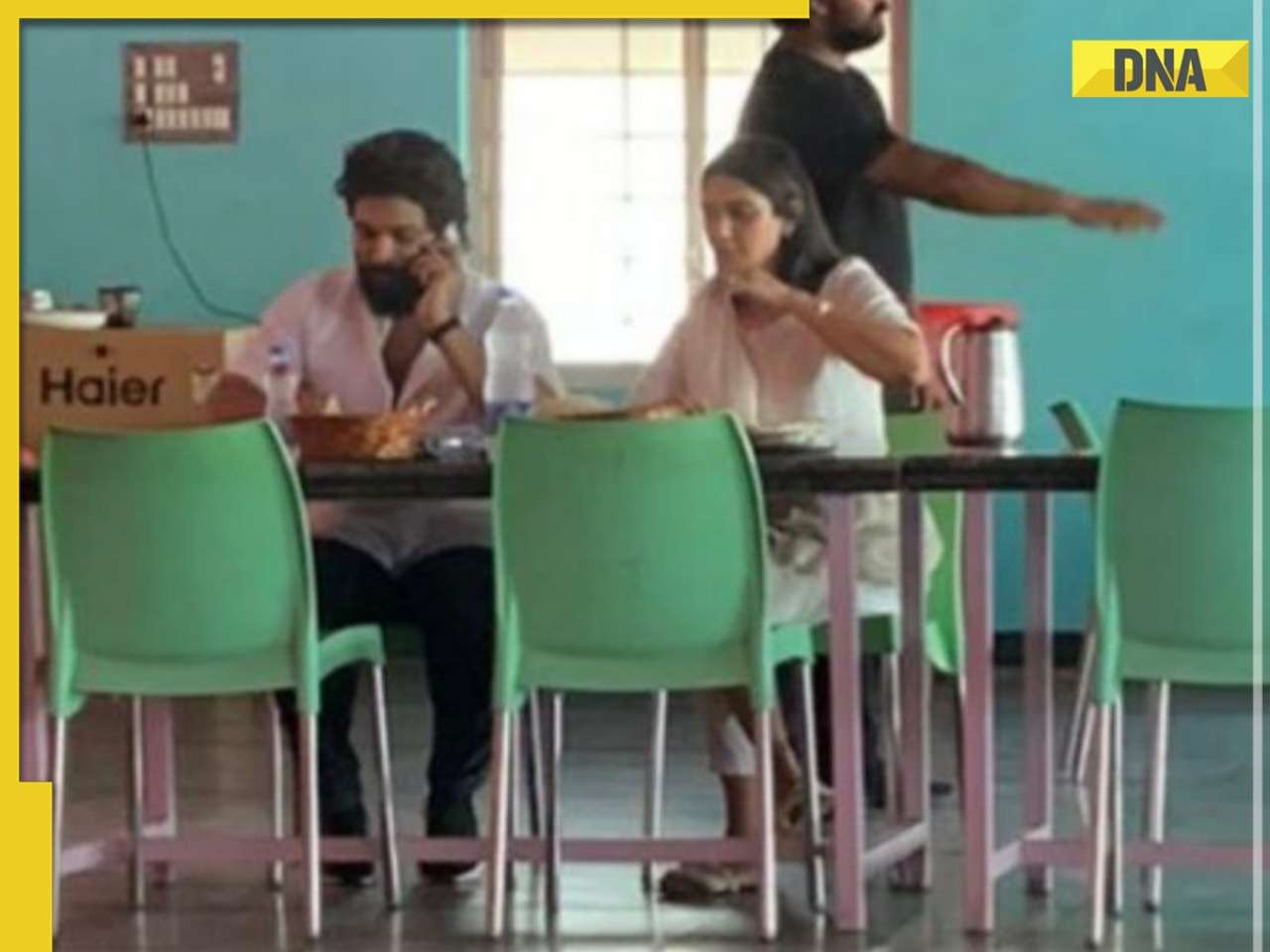
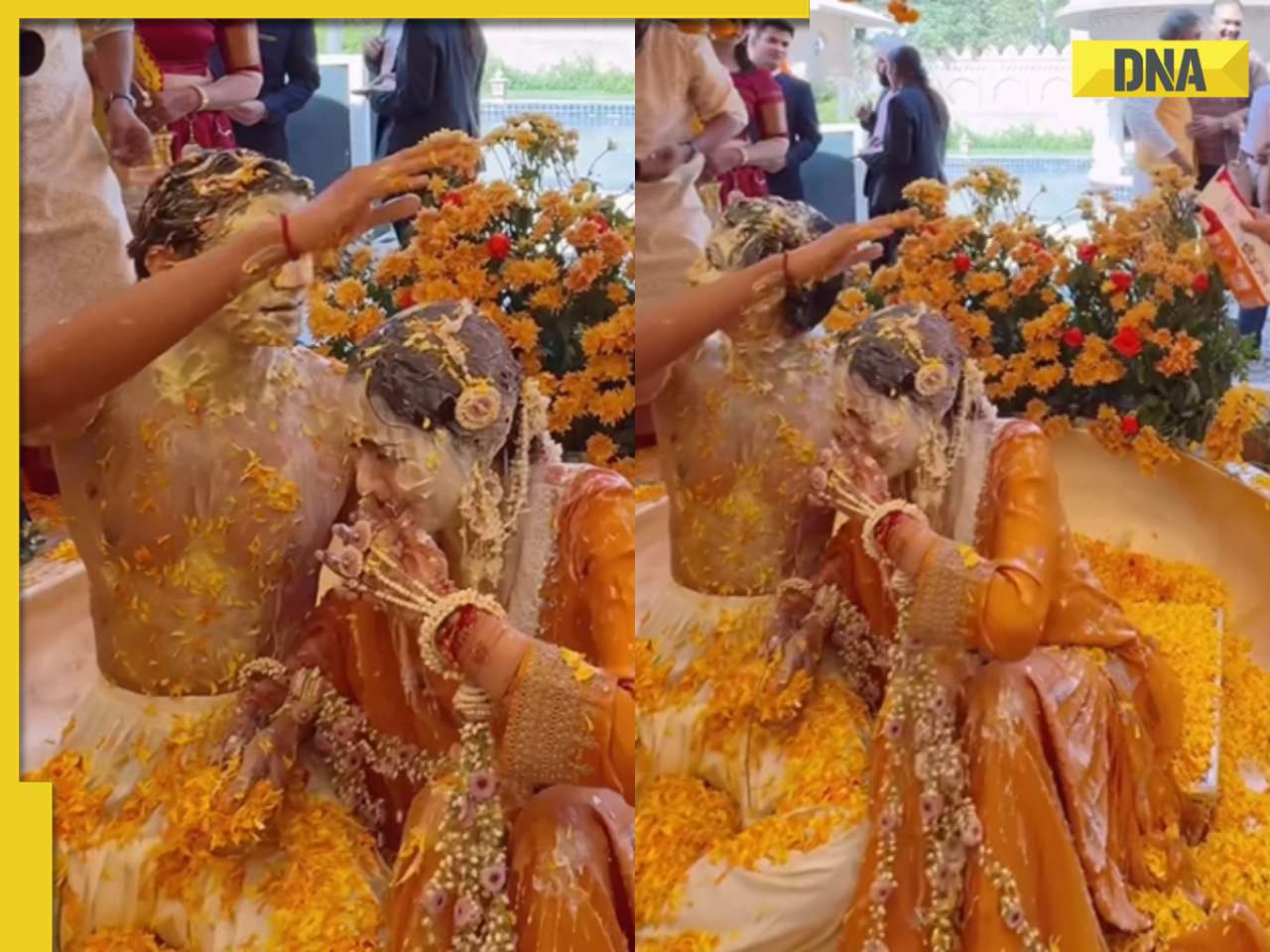
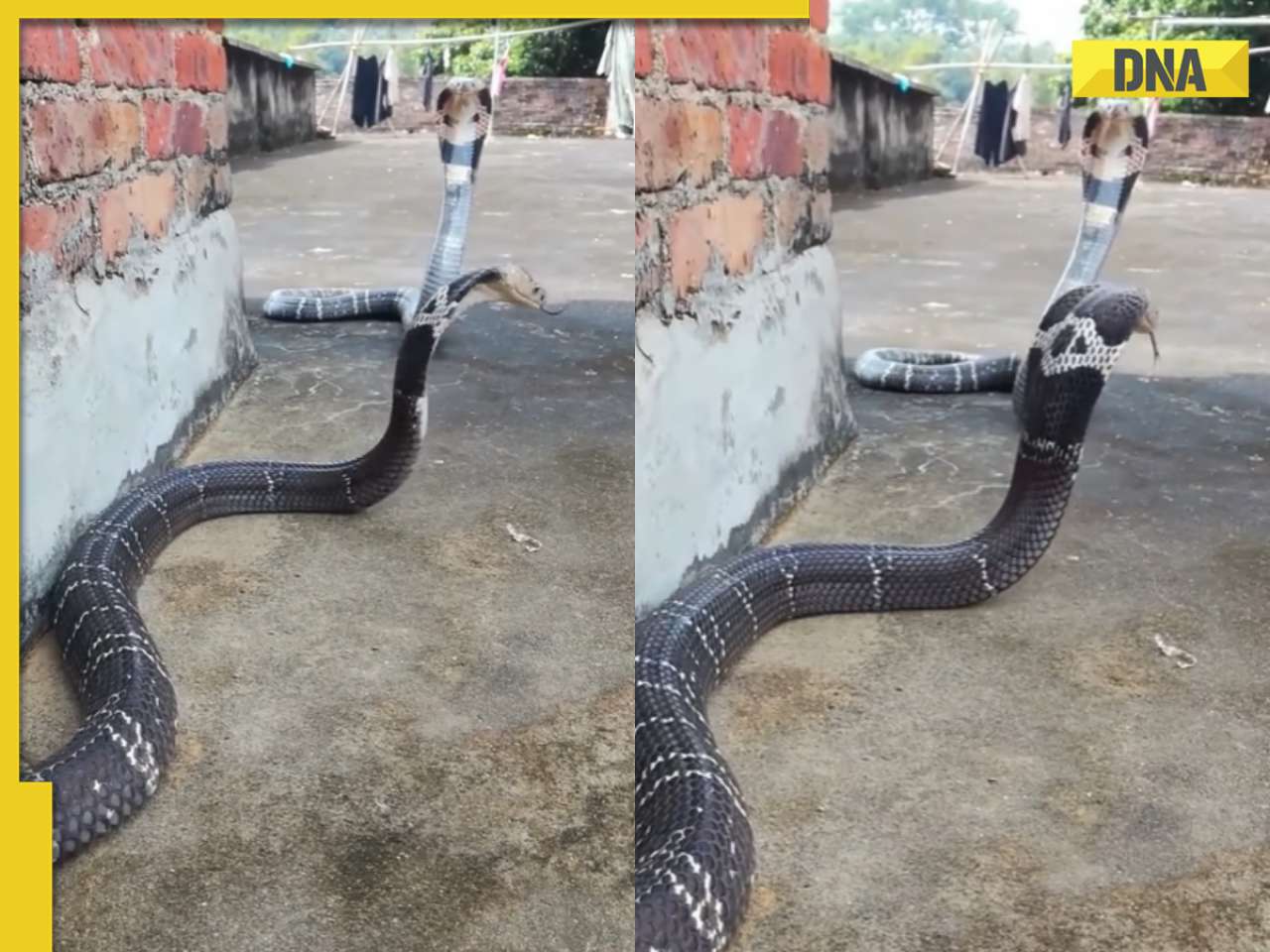

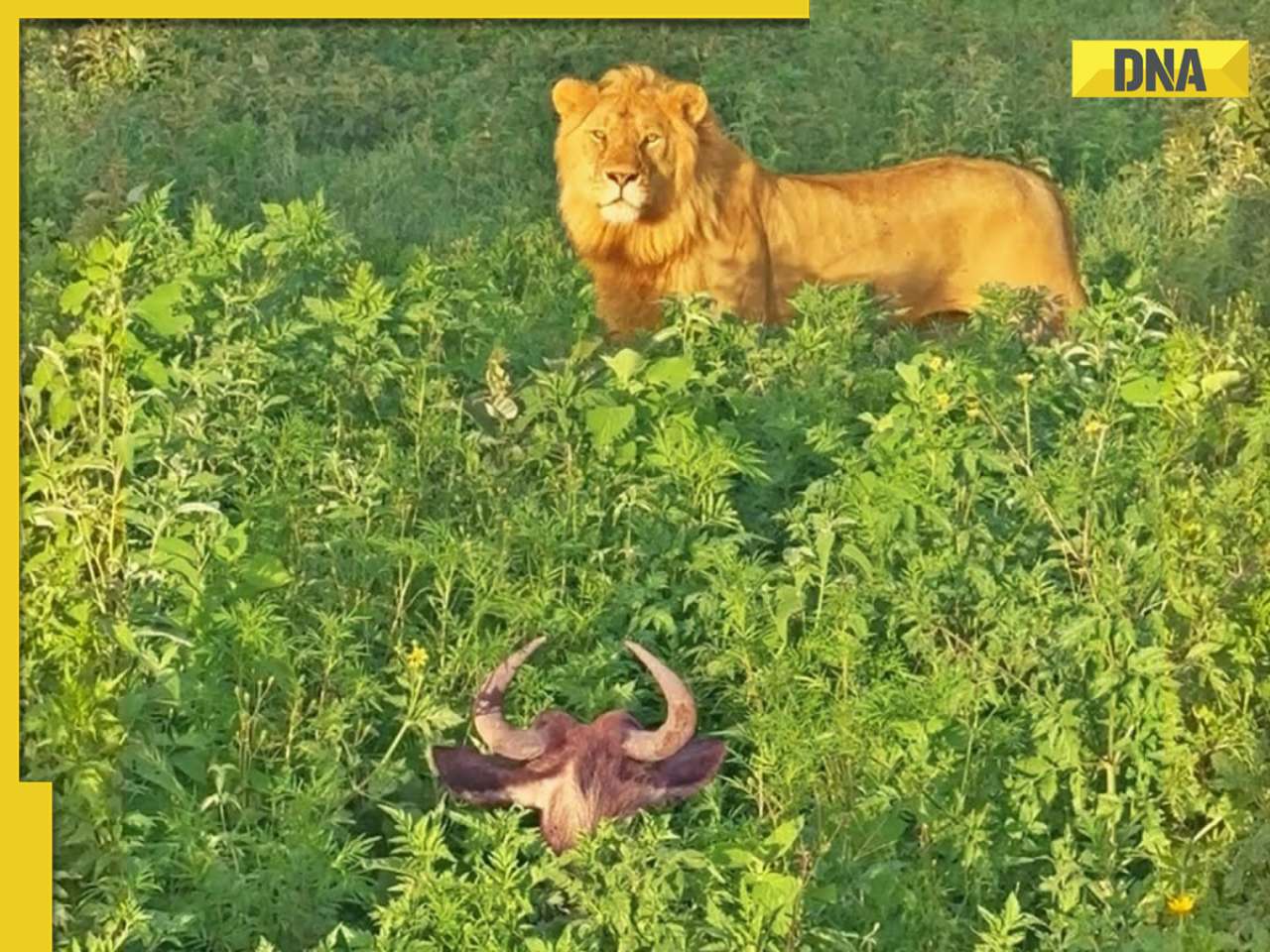


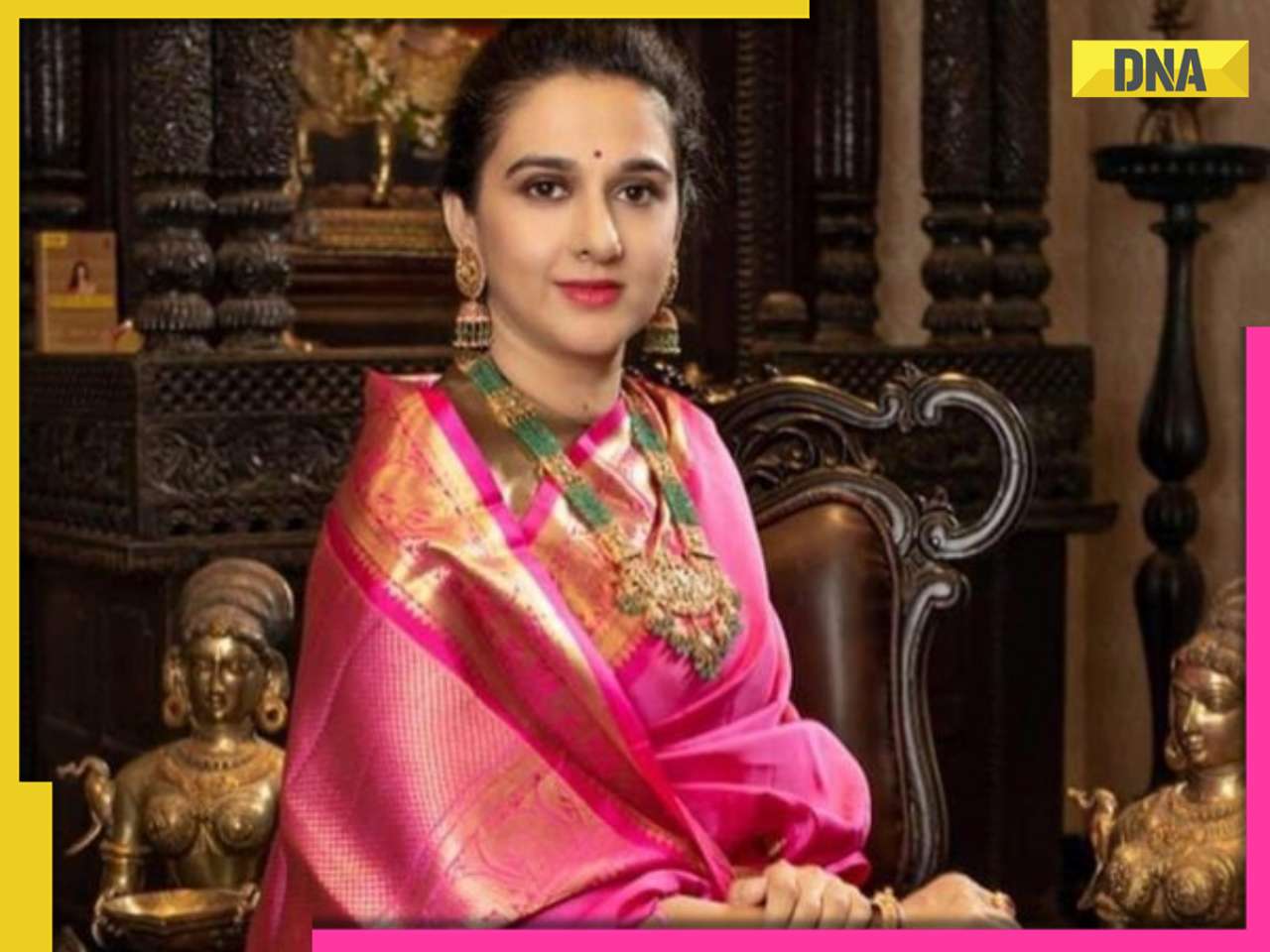



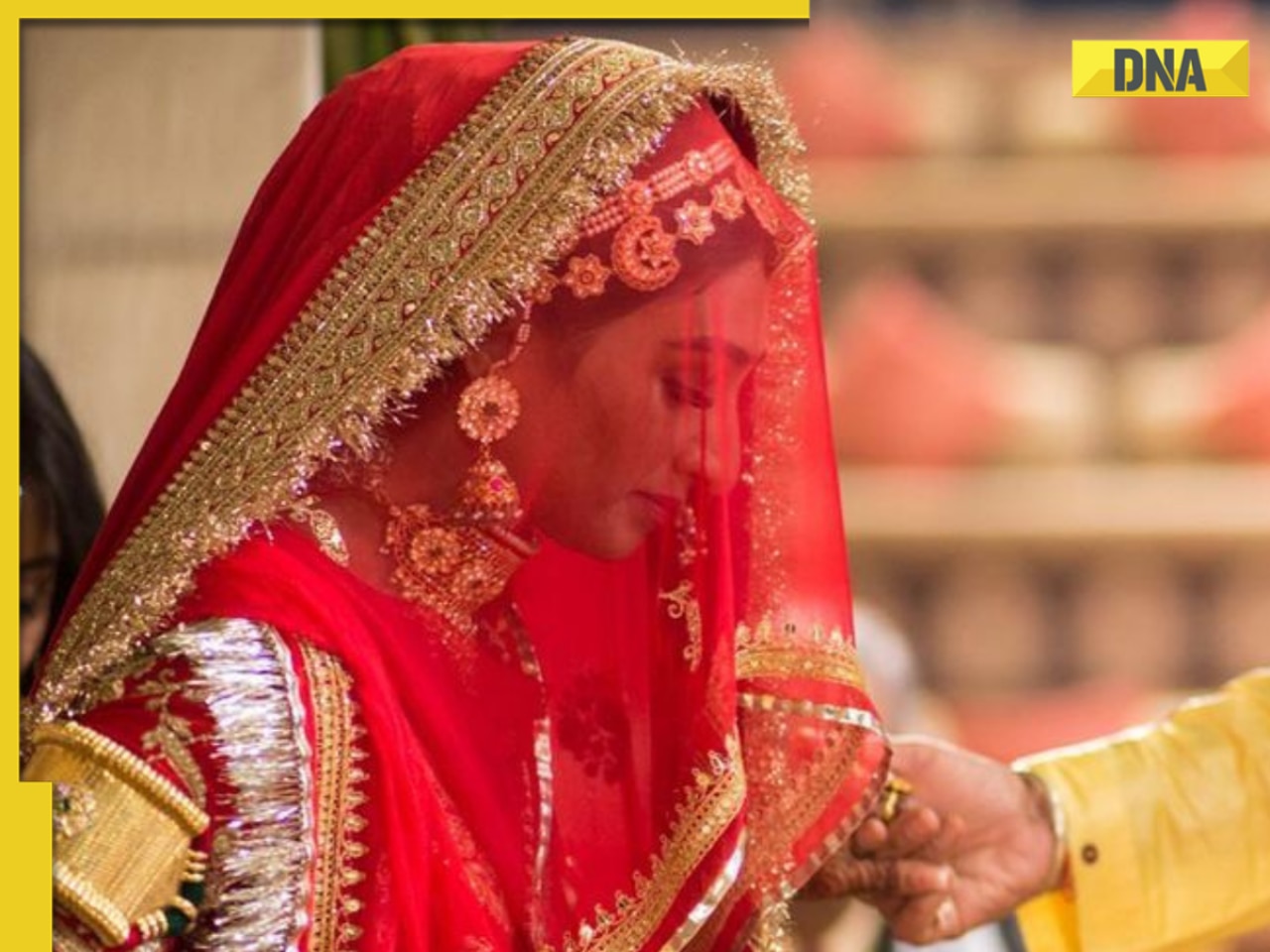




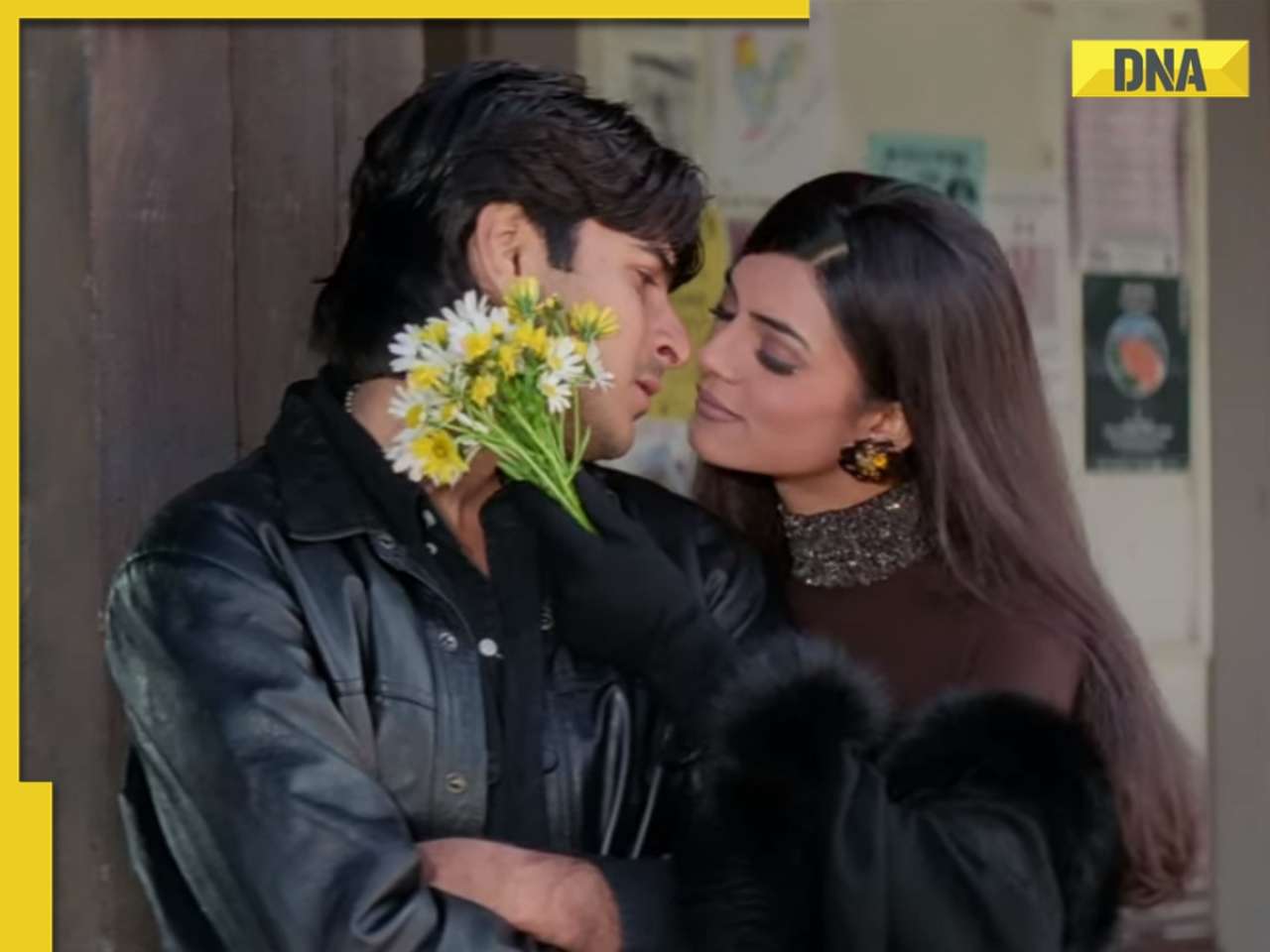







)
)
)
)
)
)